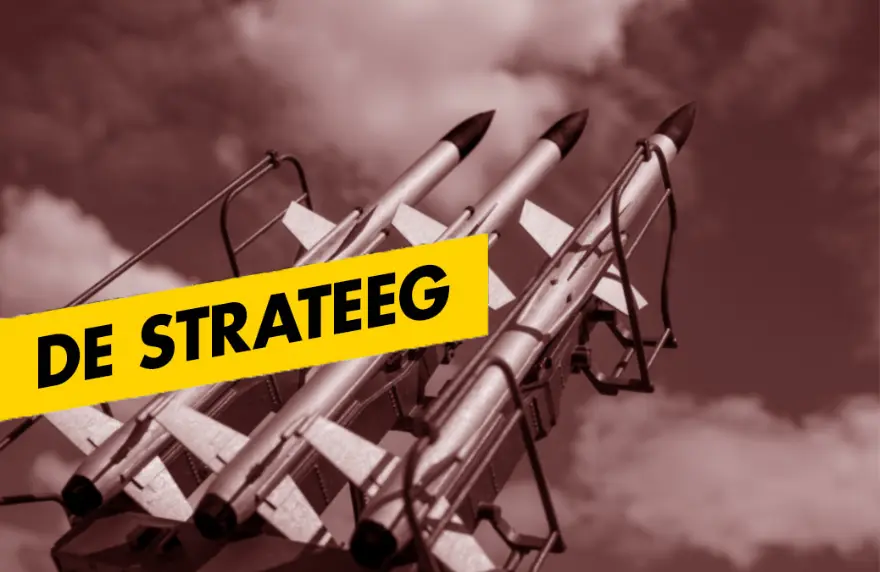In de Koude Oorlog was het misschien wel het grootste wapen dat er was: deterrence, oftewel afschrikking. Met de vele nucleaire wapens ontmoedigden de Verenigde Staten en de Sovjet-Unie elkaar ervan om een oorlog tegen de ander te starten. Nu is afschrikking weer helemaal terug op de strategische agenda, of is het nooit weg geweest?
Sinds het uiteenvallen van de Sovjet-Unie is van een bipolaire wereld geen sprake meer. Iran heeft zijn invloed op het Midden-Oosten alsmaar weten te vergroten en China wordt alsmaar rijker en machtiger in andere delen van de wereld. En dan heb je ook nog India dat op geheel eigen wijze groeit, de houding van Rusland en wat te denken van Noord-Korea? Dus rijst de vraag hoe effectieve afschrikking er in de 21e eeuw uit moet zien?
Dat ga je horen in deze aflevering van De Strateeg van:
- Tim Sweijs, directeur onderzoek van het Den Haag Centrum voor Strategische Studies en Research Fellow aan de Faculteit Militaire Wetenschappen.
- Frans Osinga, commodore en voorzitter van de afdeling oorlogsstudies van de FMW en de bijzondere leerstoel oorlogsstudies aan de Universiteit Leiden.
Osinga en Sweijs stelden onlangs het boek ‘Deterrence in the 21st Century: Insights from Theory and Practice’ samen, waarin experts van over de hele wereld de dringendste strategische uitdagingen en nieuwe militaire strategieën beschrijven.
Luister de podcast hier terug:



